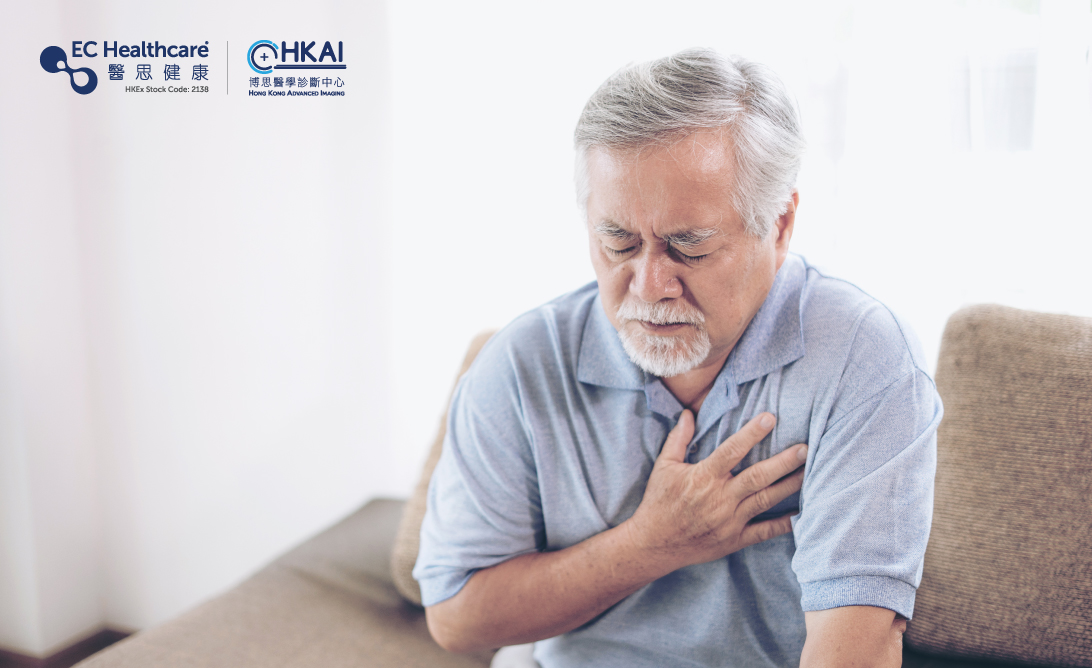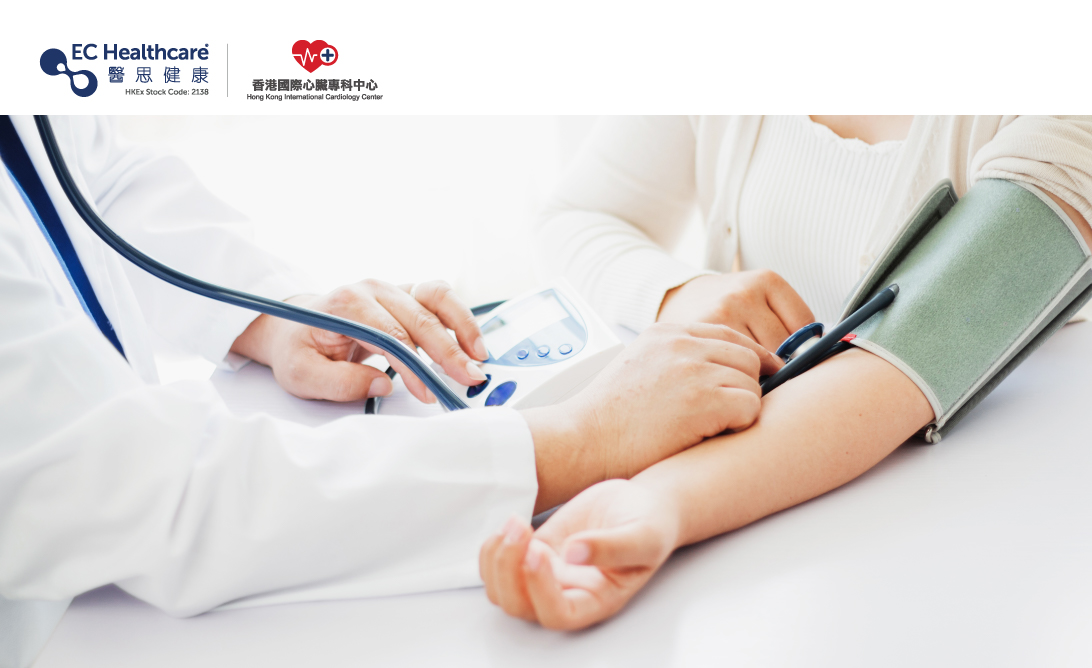Beware the “Silent Killer” Myocardial Infarction: 7 Signs to Watch for During Temperature Swings


Cardiologists warn that seasonal changes and temperature swings can trigger acute cardiovascular diseases, earning myocardial infarction or "heart attack" the nickname "silent killer". When blood vessels constrict in response to temperature changes, blood pressure can fluctuate, leading to cardiovascular diseases such as stroke and myocardial infarction.
In Hong Kong, myocardial infarction is one of the leading causes of death, with 1417 deaths recorded from acute myocardial infarction in 2021. But how exactly does this condition lead to death? Does it show any signs?

Myocardial infarction is an acute condition characterised by myocardial necrosis resulting from obstructed blood and oxygen supply, which is often caused by coronary heart disease. This condition develops when atheroma builds up in the coronary arteries (atherosclerosis). When the atheroma ruptures, a blood clot will form and may become large enough to obstruct the blood supply to the heart, leading to myocardial infarction.
Myocardial infarction is a medical emergency that requires early detection and treatment to facilitate recovery. If patients cannot spot their symptoms in time and delay their treatment, their risk of death will increase significantly. In fact, a heart attack happens very suddenly and half of the patients will not feel any chest pain and pressure before it strikes.
But they may experience symptoms like pain in the stomach and shoulders about one month before the attack. So if you experience the following symptoms which persist for 5 minutes or more, chances are that your blood vessels are being blocked gradually.
Signs of myocardial infarction
-Pain or discomfort in the centre of the chest or sometimes in the upper abdomen and stomach
-Pain or discomfort in the arm, left shoulder, left elbow, jaw, or back (radiating pain)
-Shortness of breath
-Nausea and vomiting
-Lightheadedness, dizziness or loss of consciousness
-Cold sweat
-Pale complexion
If the above symptoms persist for more than 5 minutes, or do not improve or even worsen after 20 minutes of rest, you may be at risk of myocardial infarction or other heart issues. You should seek medical attention as soon as possible and stay aware of any other typical symptoms (e.g., pain in the jaw, neck or back).






